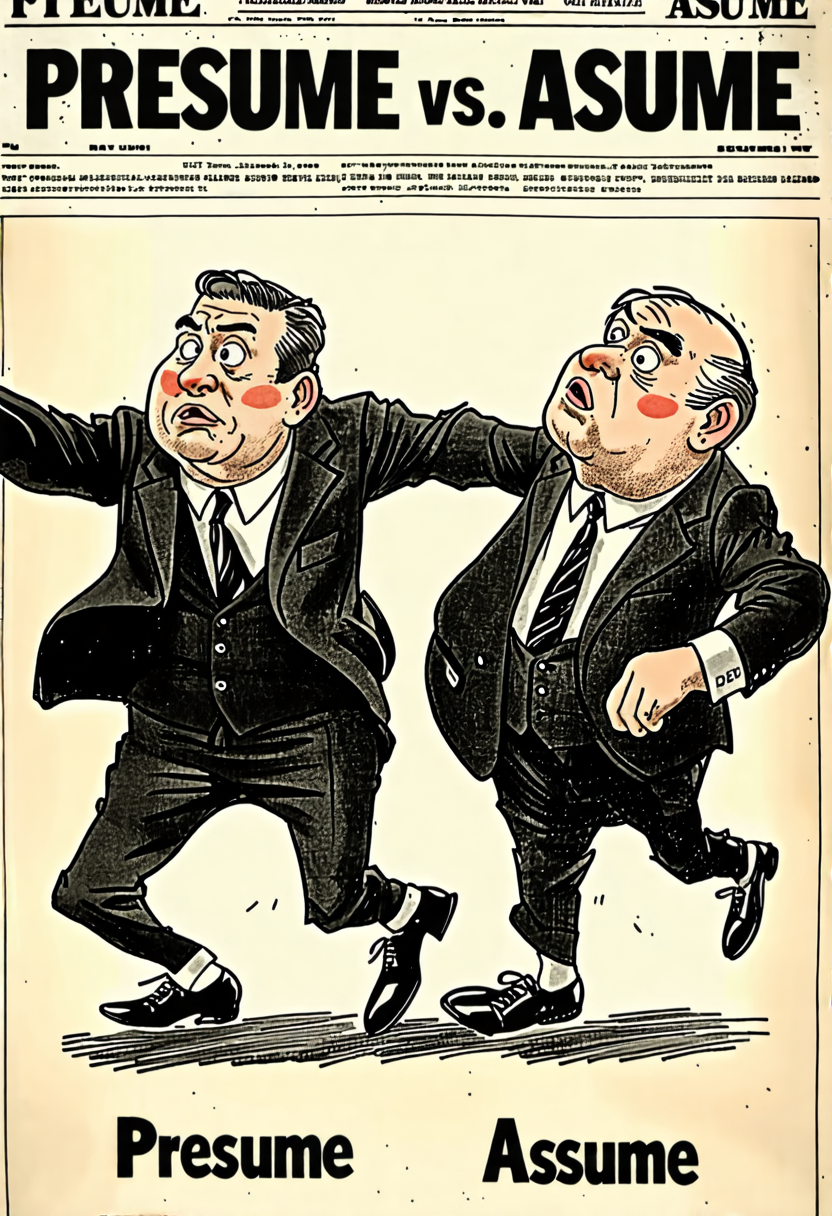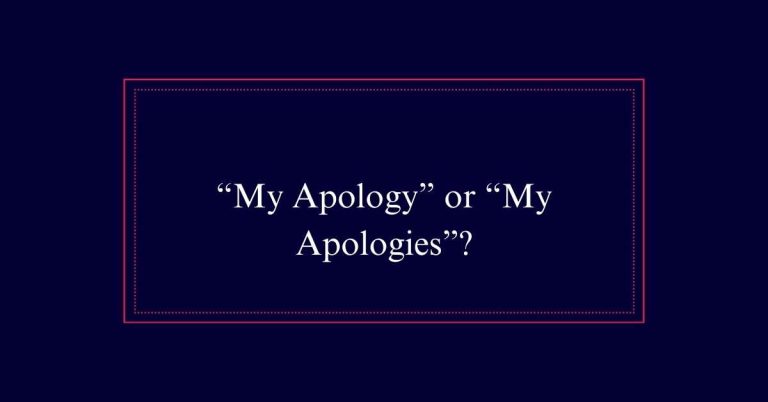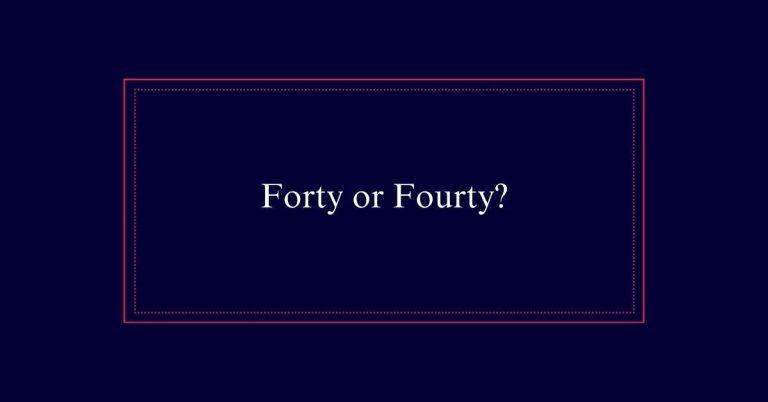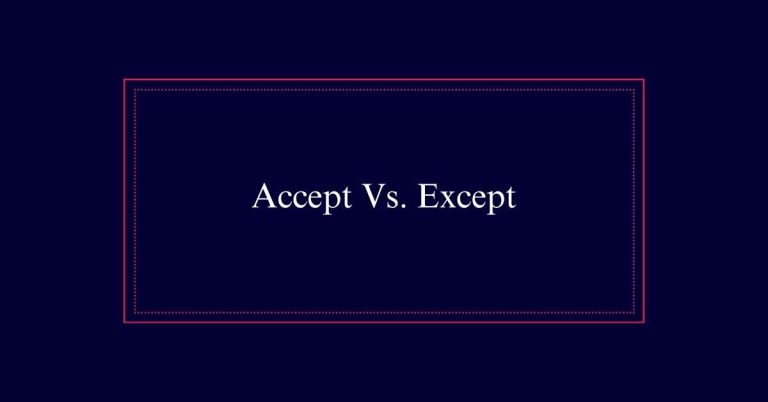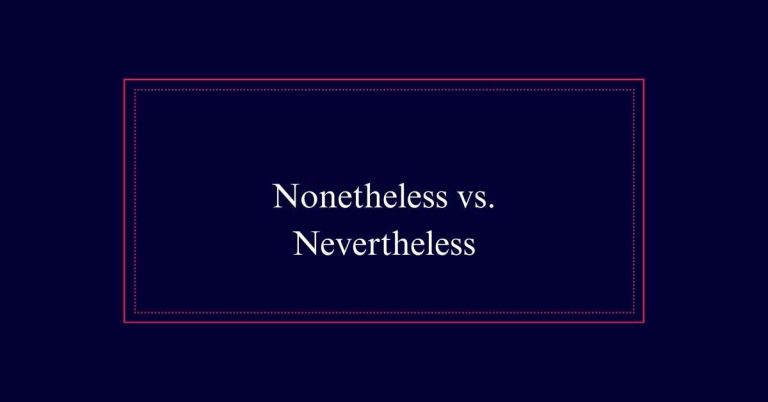Presume vs. Assume
‘Presume’ and ‘assume’ both derive from Latin but differ in meaning. ‘Assume’ generally means taking something for granted without evidence, while ‘presume’ involves making an educated guess based on probable evidence. ‘Assume’ can also mean taking on a role or responsibility. In contrast, ‘presume’ often implies acting with undue boldness. The key distinction lies in the degree of confidence and evidence.
Etymology and Roots
The words ‘assume’ and ‘presume’ both derive from the Latin roots ‘assumere’ and ‘praesumere,’ respectively, indicating their shared etymological heritage.
‘Assumere’ combines ‘ad-‘ (to, toward) and ‘sumere’ (to take), meaning ‘to take to oneself.’ Meanwhile, ‘praesumere’ combines ‘prae-‘ (before) and ‘sumere,’ meaning ‘to take beforehand.’
Despite their common origin, these terms have evolved to convey different nuances in modern English. ‘Assume’ often refers to taking something for granted or undertaking a role or responsibility. In contrast, ‘presume’ suggests making a supposition based on probability or acting with unwarranted boldness.
Prefix Differences
While exploring their Latin origins, the prefixes ‘pre-‘ and ‘as-‘ play a key role in distinguishing ‘presume’ from ‘assume’.
The prefix ‘pre-‘ in ‘presume’ suggests an action taken before the evidence is fully known, implying a certain level of anticipation or pre-judgment.
Conversely, ‘as-‘ in ‘assume’ carries a more neutral connotation, simply indicating the act of taking something up or onto oneself without the implication of prior judgment.
These prefixes highlight how ‘presume’ leans towards an assumption made with some degree of confidence or boldness, often without full evidence, whereas ‘assume’ is more about accepting or undertaking something as a given, without necessarily implying prior knowledge or evidence.
Distinct Meanings
Assume and presume, though often used interchangeably, carry distinct meanings that affect their appropriate usage in various contexts. To clarify:
- Assume implies taking something for granted without evidence or believing something to be true without proof.
- Presume suggests a higher degree of confidence based on probable evidence or reasonable grounds.
- Assume can also mean to take on a role or responsibility, as in ‘He assumed the position of manager.’
- Presume often involves acting with undue boldness or taking liberties, like ‘She presumed to advise her seniors.’
- In legal contexts, Presume is used to indicate acceptance of something as true in the absence of evidence to the contrary.
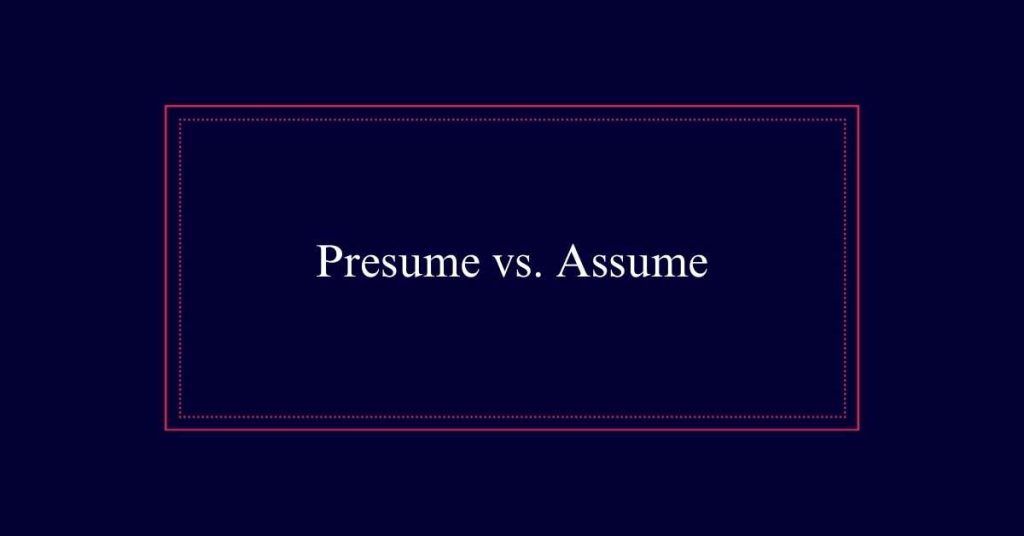
Usage in Context
In various contexts, understanding when to use ‘assume’ versus ‘presume’ can enhance clarity and precision in communication.
‘Assume’ is often utilized when taking something for granted without evidence. For example, ‘I assume she will arrive on time’ implies a belief based on no specific proof.
Conversely, ‘presume’ carries a sense of reasonable inference, often based on existing evidence or probability. For instance, ‘The court presumes innocence until proven guilty’ indicates a default position grounded in legal principles.
Recognizing these nuances guarantees accurate expression and reduces ambiguity.
Proper usage of these terms is essential in legal, academic, and everyday settings, where precise language conveys intent and understanding effectively.
Definition of Assume
The term ‘assume’ refers to taking something for granted or accepting it as true without evidence. It encompasses several nuances:
- Taking on a role or responsibility: For example, one might assume the duties of a manager.
- Supposing something without proof: This involves accepting a fact without verification.
- Adopting qualities or behaviors: A person might assume a confident demeanor.
- Pretending to be someone else: This can include assuming an identity or disguise.
- Undertaking a task: One might assume responsibility for a project or a new challenge.
These varied applications illustrate that ‘assume’ involves making decisions or adopting roles based on belief rather than confirmed knowledge. Understanding these distinctions is key to using the term accurately in both written and verbal communication.
Examples of Assuming
Taking on new responsibilities, such as managing a team or leading a project, often illustrates the concept of assuming a role. For instance, when an employee is promoted to a managerial position, they assume the responsibilities and duties associated with that role.
Similarly, an actor might assume the identity of the character they are portraying, adopting the character’s traits and behaviors.
In everyday contexts, a person might assume responsibility for organizing a community event, ensuring all logistics are handled.
Another example is a scientist assuming a hypothesis to be true for the sake of an experiment, without yet having definitive proof.
These examples highlight the varied applications of assuming, encompassing roles, identities, responsibilities, and provisional beliefs.
Definition of Presume
Presume means to take something for granted or act with undue boldness. In legal contexts, it refers to accepting something as true in the absence of proof to the contrary. While presume and assume are often used interchangeably, they carry subtle differences in meaning and usage. Presuming typically involves a higher degree of certainty or authority.
Key aspects of presuming include:
- Legal implications: Accepting a fact until disproven.
- Certainty: Higher confidence in the assumption.
- Boldness: Acting without sufficient evidence.
- Authority: Often involves a position of power or responsibility.
- Usage nuance: Slightly different from assuming, carrying more weight.
Examples of Presuming
When presuming, one often acts with a sense of authority or confidence, assuming something to be true without needing explicit evidence. For example, a manager might presume an employee is competent based on their impressive resume, without verifying their performance.
In a legal context, a court may presume innocence until proven guilty, based on the principle that one is innocent unless evidence suggests otherwise.
Another instance is a teacher presuming a student understands the material covered, given their past grades, without checking for current comprehension. These examples highlight how presuming involves a confident belief or expectation, often based on prior knowledge or general principles, rather than concrete proof.
Analogies for Clarity
Analogies can serve as powerful tools to clarify the nuanced differences between similar concepts like assume and presume. Imagine two siblings, each with distinct personalities yet sharing common traits.
- Assume is like the brother who confidently takes charge without waiting for confirmation.
- Presume is the sister who acts based on reasonable expectations, but slightly more cautiously.
- Assume is akin to wearing a uniform and stepping into a new role immediately.
- Presume parallels deducing someone’s role based on their actions and context.
- Assume involves taking on responsibilities or characteristics directly, while Presume involves a leap of faith grounded in probability.
Practical Applications
In practical applications, understanding the distinction between assume and presume can enhance both communication and decision-making.
In legal contexts, presuming innocence until proven guilty is fundamental, whereas assuming guilt without evidence can lead to unjust consequences.
In business, assuming a market trend might result in missed opportunities if not based on data, while presuming a trend suggests a more cautious approach based on reasonable evidence.
Effective communication also benefits; assuming someone’s intent can lead to misunderstandings, whereas presuming, based on known behavior, allows for more accurate interpretations.
Clarifying these terms guarantees precise language, reducing errors in professional and personal interactions.
